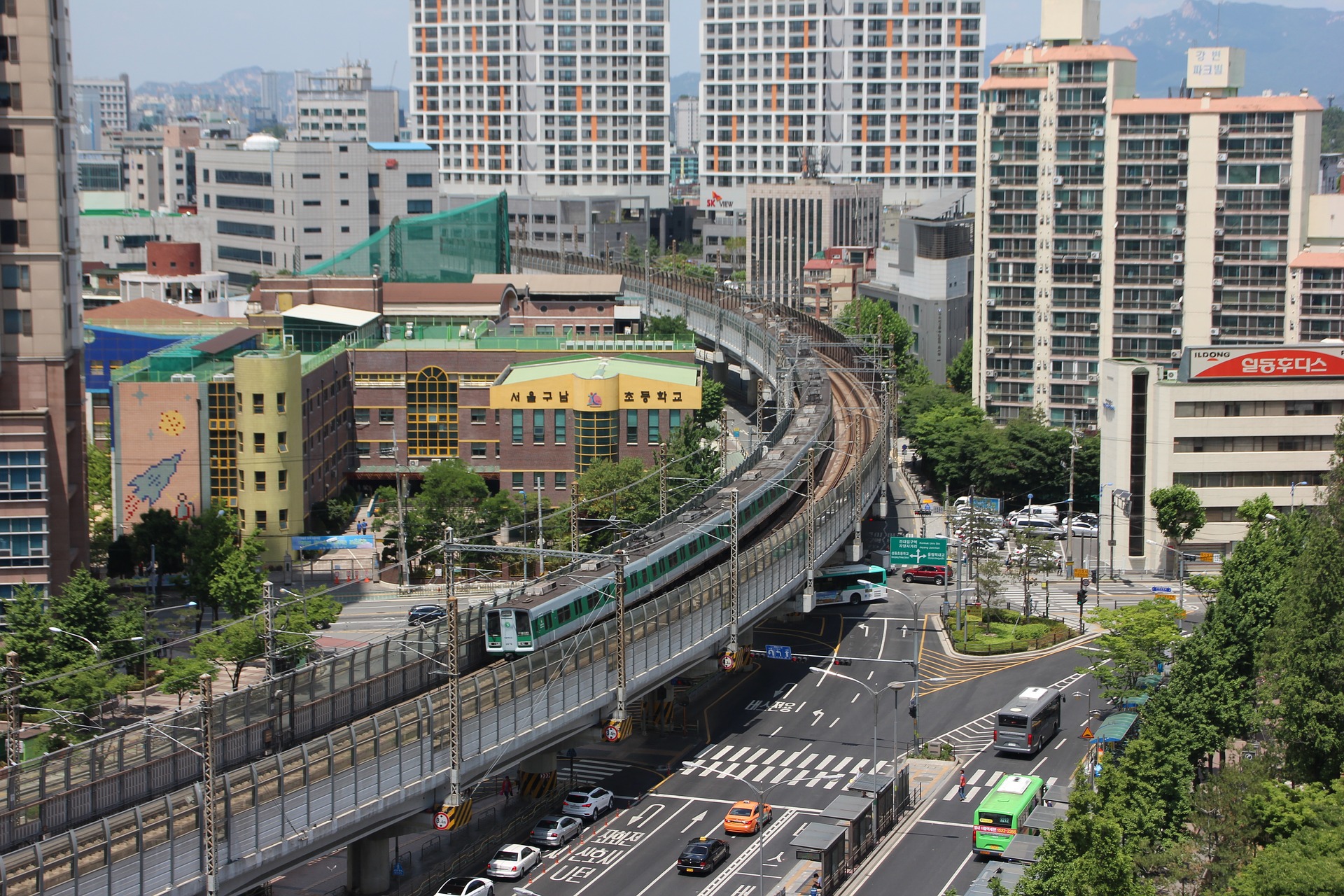922 results found
Featured results



More results
This brief describes how pro-poor approaches to infrastructure go beyond macro-level efforts at poverty reduction, the breif outlines how they target particular activities and populations in relation to energy and water supply.


The procurement guidelines were introduced in April 2015 by ADB. The purpose of these Guidelines is to inform those carrying out a project that is financed in whole or in part by a loan from the Asian Development Bank (ADB), ADB-financed grant, or ADB-administered funds.



This is a summary of policies and procedures governing procurement and selection of consultants in Bank-financed projects.


Government Procurement Agreement establishes a framework of rights and obligations with respect to laws, regulations, procedures and practices regarding public procurement.

The exercise is part of an annual ranking of the PPP context across countries undertaken by the World Bank group.

WHO and UNICEF established the Joint Monitoring Programme for Water Supply, Sanitation and Hygiene in 1990, and published regular global updates throughout the Millennium Development Goal period.


The World Bank Group recently published a primer titled 'Project Development Funds (PDFs) - Supporting Project Preparation to Structure Successful Public-Private Partnerships (PPPs)' to help better understand how to establish and operate PDFs.

Insights into the The Schuphol-Amsterdam-Almere (SAA) program, which has been the largest PPP program in the Netherlands in the last decade.
The Global Infrastructure Hub (GI Hub) has collaborated on this blog with Seungbeum Rho, a Specialist at the Korea Development Institute (KDI). This blog outlines some of the lessons learned in Korea on the topic of project preparation, which can be found in more detail in the GI Hub’s Reference Tool on Governmental Processes Facilitating Infrastructure Project Preparation.
 Project Preparation Tool
Project Preparation Tool
 Introduction: Laying the foundations and charting a way forward
Introduction: Laying the foundations and charting a way forward
 Enabling environment: what are the prerequisites required to facilitate the preparation of quality infrastructure projects?
Enabling environment: what are the prerequisites required to facilitate the preparation of quality infrastructure projects?
 Financing project preparation: how can governments effectively utilise project preparation financing sources?
Financing project preparation: how can governments effectively utilise project preparation financing sources?
 What are the benefits of well-planned and prioritised infrastructure investment?
What are the benefits of well-planned and prioritised infrastructure investment?
 How do you translate a concept into a bankable project?
How do you translate a concept into a bankable project?
 How should governments communicate projects?
How should governments communicate projects?
 Project Preparation in Indonesia – how has the government attracted private participation?
Project Preparation in Indonesia – how has the government attracted private participation?
 Project Preparation in India – how specialised institutional structures help in planning complex projects
Project Preparation in India – how specialised institutional structures help in planning complex projects
Globally, governments are accountable for the development of infrastructure and the delivery of basic services in an affordable and inclusive manner. The ability of governments to nurture a conducive enabling environment for infrastructure investment has often been found to be a key differentiator between countries that successfully scale up infrastructure and those that face challenges in doing so.
Tackling the global infrastructure gap remains a priority for governments to drive inclusive growth and deliver quality infrastructure projects for their citizens.

Most infrastructure investment plans and government policies rely on the delivery of projects and programs. To achieve these and unlock the real benefits of infrastructure, it is vital that projects and programs are delivered well.
Communication throughout infrastructure project preparation should be recognised as a strategic activity. It should factor in the importance of all key stakeholder groups towards the project, tailor communicative actions to engage and inform them and foster a supportive environment.
Project preparation is a critical enabler of infrastructure development and has been identified as a key pillar in the G20 s strategic roadmap to develop infrastructure as an asset class.

This publication aims to link the study of urban environmental issues with the advancement of more sustainable urban growth, the report looks at Kampala and Uganda including their background in the context of urban development and drivers of environmental sustainability.

This paper examines the public finance underpinnings for an enhanced focus on different types of long-term investments as well as on operations and maintenance of existing investments.
Public Investment Management Assessment (PIMA) is a comprehensive assessment framework developed by the IMF to help countries strengthen public investment management practices.


The IMF's Public Investment Management Assessment (PIMA) framework helps countries evaluate the strength of their PIM practices.



The core principle behind the PPP is the creation of a contractual bubble – a framework of contracts.











